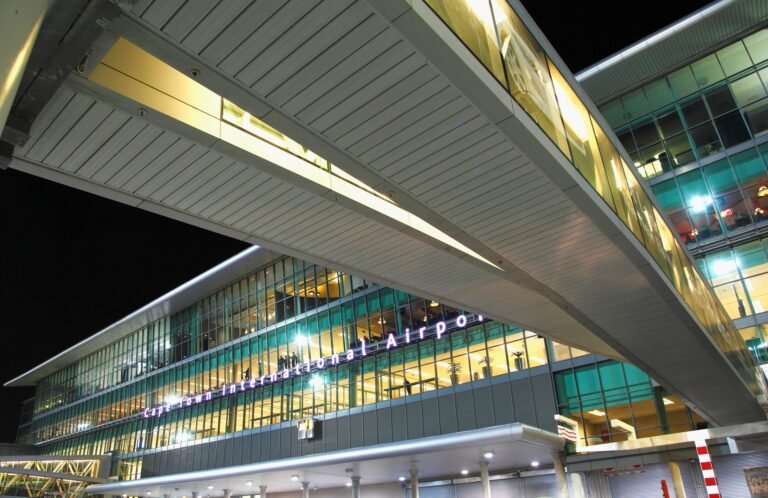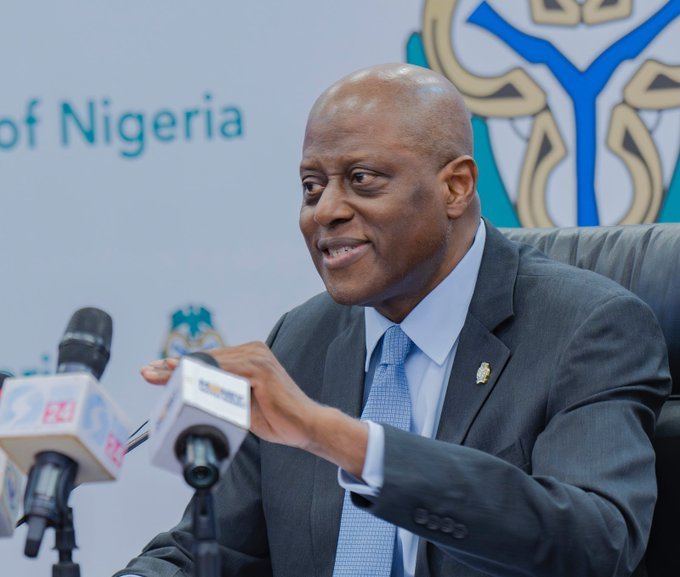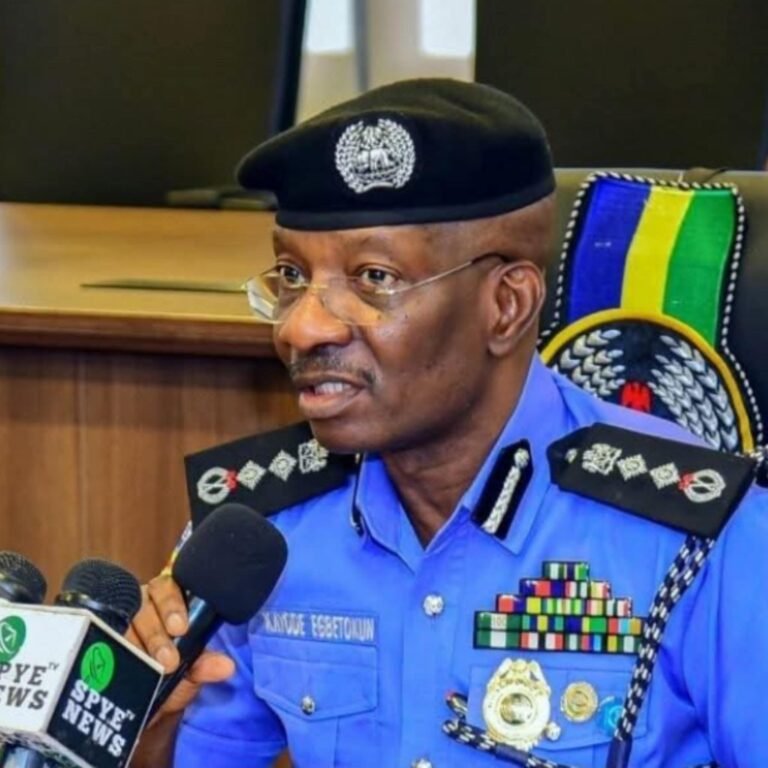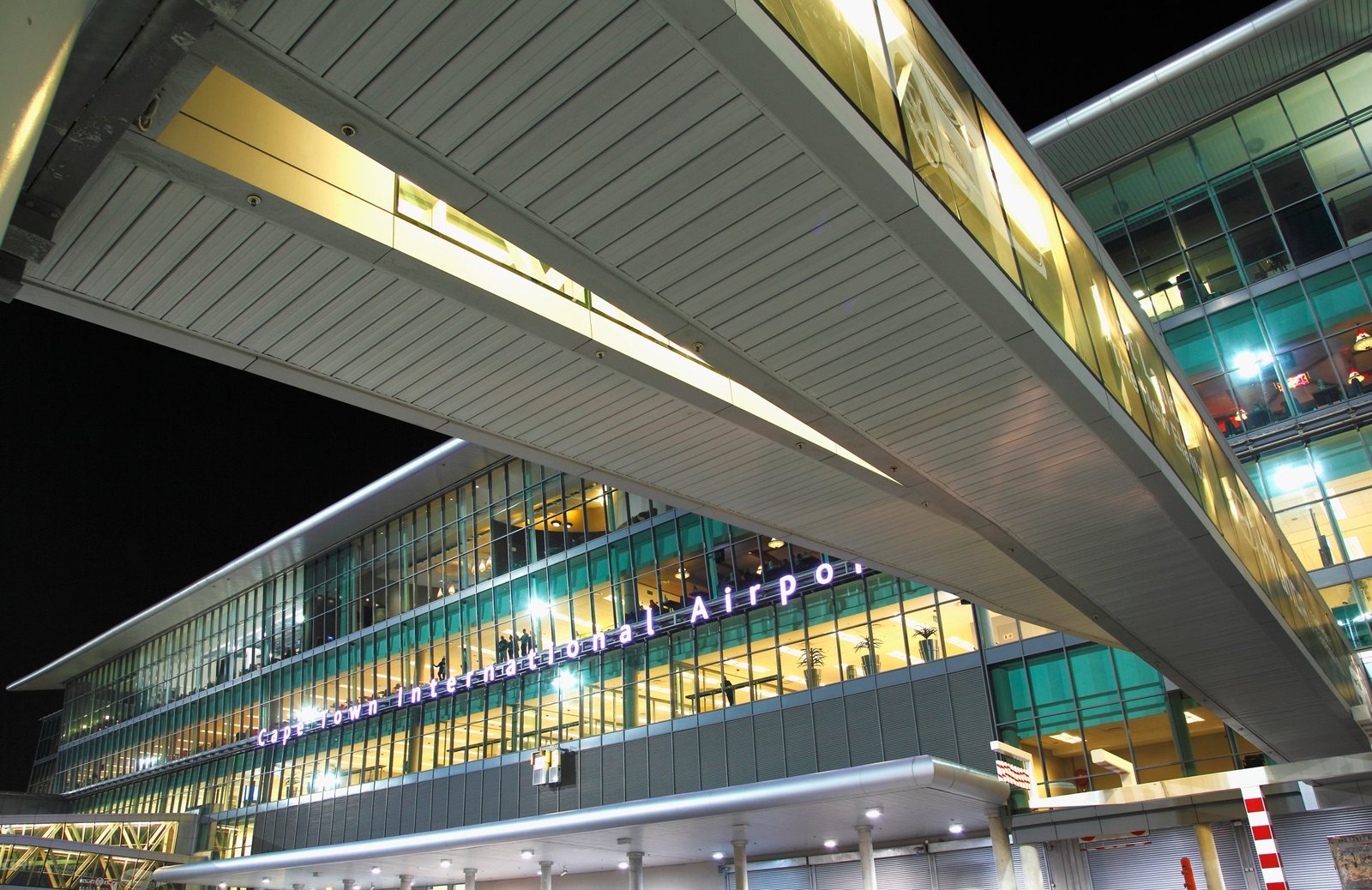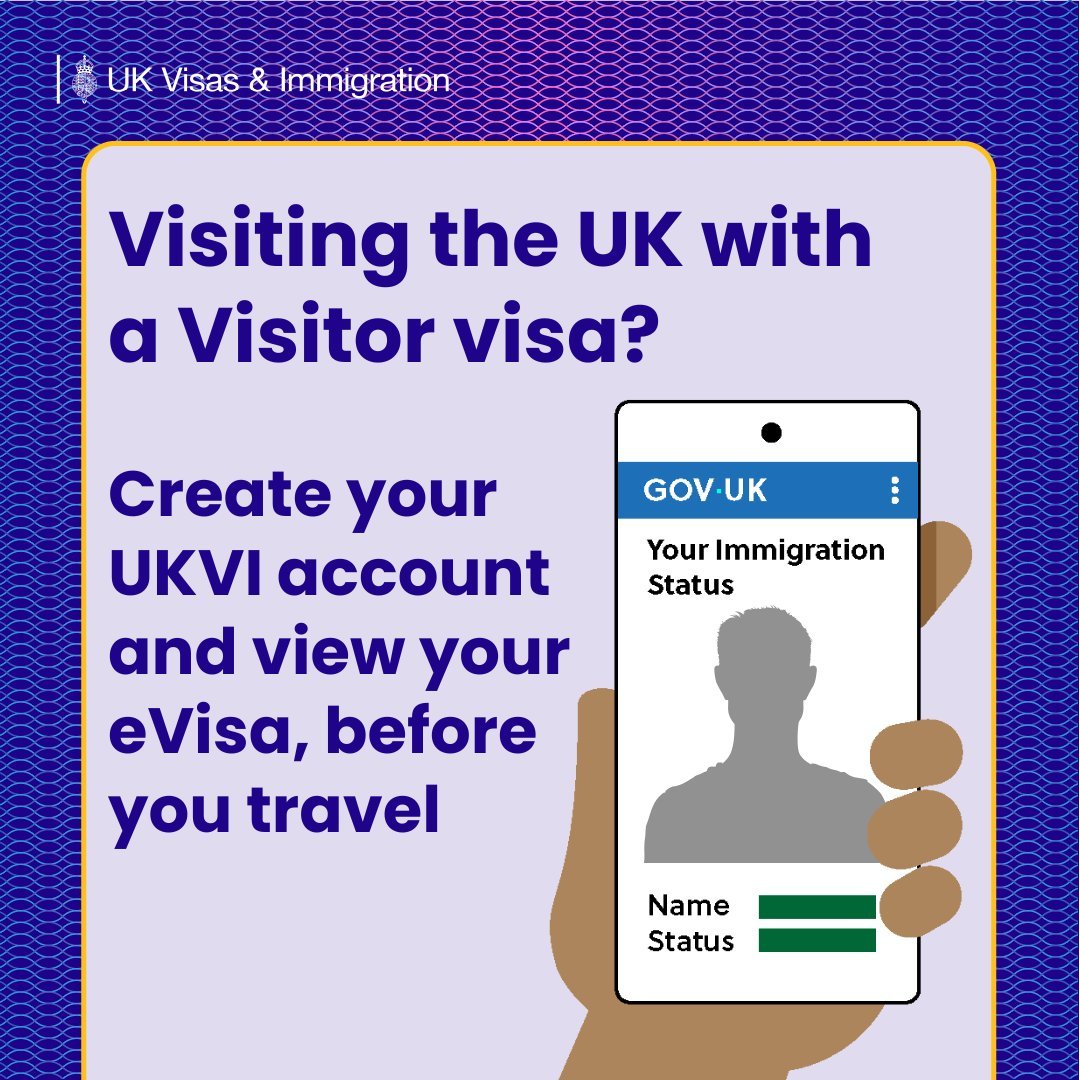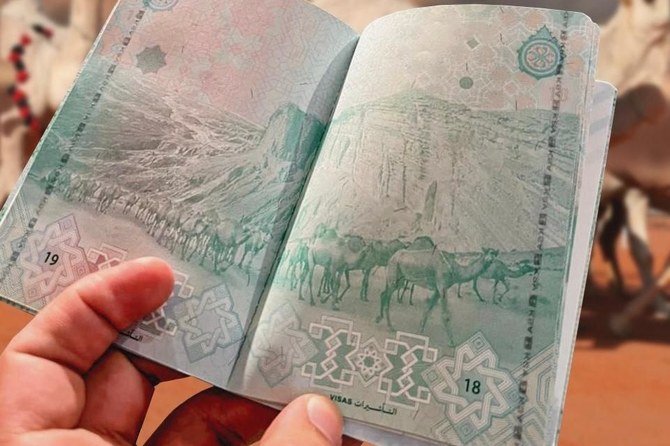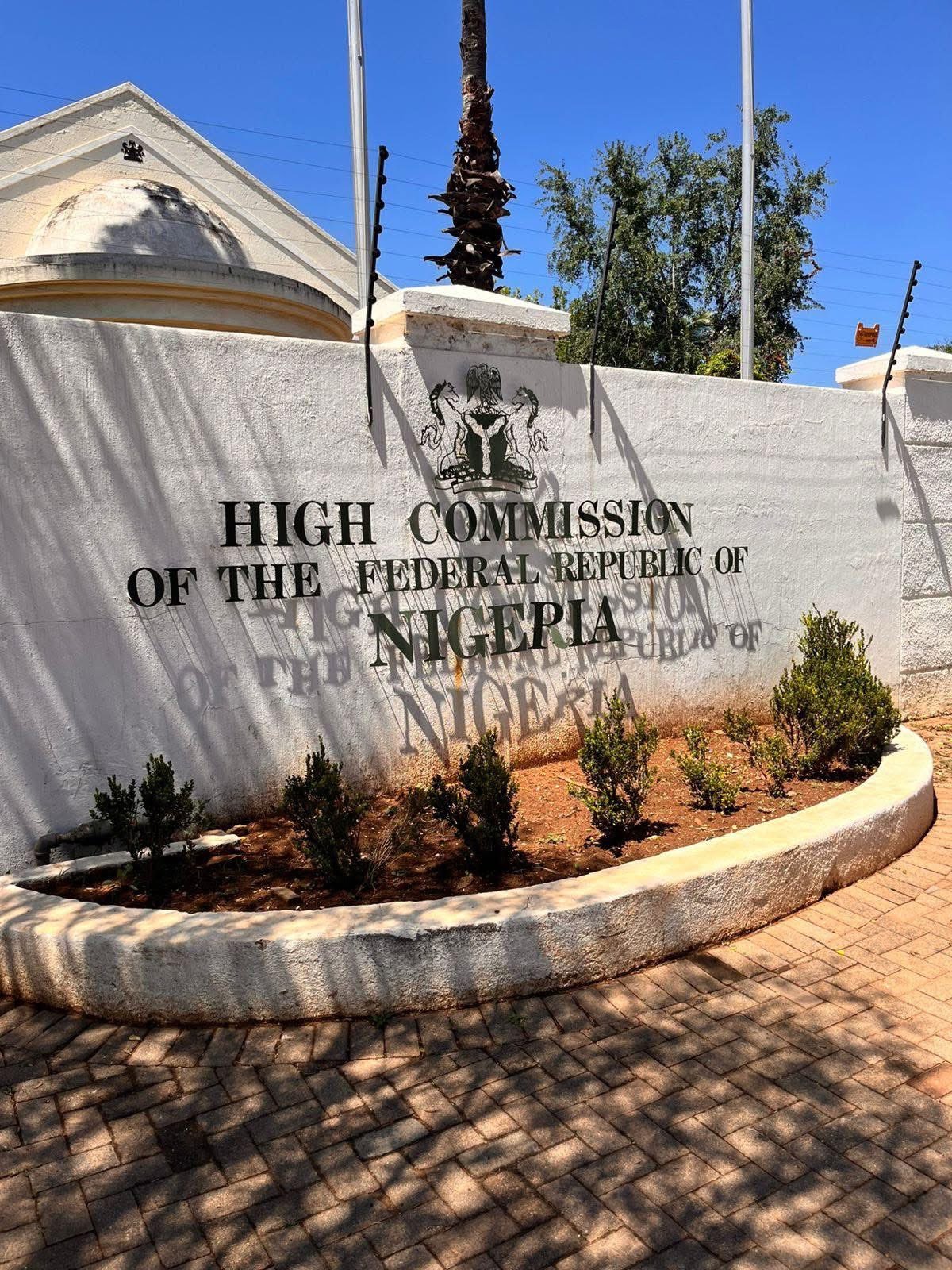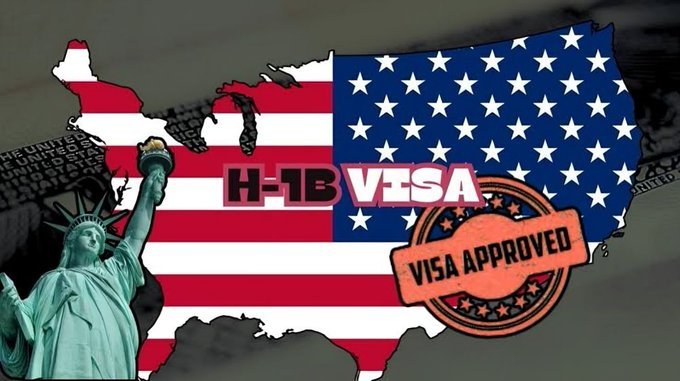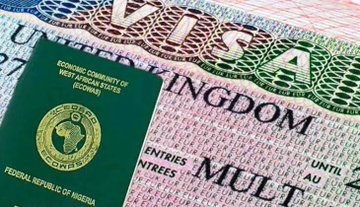The United Kingdom is preparing to introduce strict visa restrictions on countries that fail to take back their illegal migrants, marking one of the strongest enforcement shifts under the Labour government.
Officials say the plan is designed to force faster cooperation from foreign governments that have slowed or blocked deportation efforts for years.
Home Secretary Shabana Mahmood has signaled that the UK intends to adopt what aides describe as “Trump-style visa bans,” a pressure tool aimed at compelling countries to speed up travel documentation and repatriation approvals.
The new system will be rolled out in phases, with priority placed on nations with the lowest return-cooperation rates.
African Countries Set for First Wave of Visa Restrictions
According to senior UK government officials, Angola, Namibia and the Democratic Republic of Congo are at the top of the list of countries likely to face the first set of visa bans. The restrictions would suspend visa issuance to their citizens until governments demonstrate improved willingness to accept deported nationals.
British authorities say these African countries have repeatedly stalled thousands of return cases by delaying travel documents and insisting that migrants sign their own return paperwork, a step many refuse to take.
The Home Office argues that these bottlenecks have slowed removals, worsened a growing deportation backlog and weakened the UK’s ability to enforce its immigration rules.
India Faces Review, With Diplomatic Stakes High
India, one of the UK’s largest migrant-sending countries, may also face future sanctions if cooperation on returns does not improve. According to reporting referenced by British officials, India is “among the states least willing to accept deported nationals,” exposing it to potential penalties.
Any move against New Delhi carries significant economic and diplomatic risks, especially as both countries are engaged in sensitive trade negotiations. The UK government is aware that India’s expanding tech workforce plays a central role in Britain’s labor market, complicating the political calculus behind a visa crackdown.
Human Rights Laws Narrowed to Speed Up Deportations
The visa-ban plan is part of a wider strategy to tighten the UK’s immigration system as political pressure builds to cut net migration. Under the new proposals, the government will revise how courts interpret Article 8 of the European Convention on Human Rights, which protects private and family life during deportation cases.
Only immediate family members, parents or children, would qualify as valid grounds for appeal, removing the broader family networks that have previously slowed removal efforts. Ministers also want to narrow the scope of Article 3, which bans deportations to countries where individuals may face inhumane treatment, arguing that courts have applied the rule too broadly.
Legal Reforms to Close Loopholes and Reduce Delays
To tighten the system further, migrants will be required to present all appeal arguments at the same time. Failure to do so would allow immigration authorities to remove them immediately after a single rejected claim, closing a loophole that has prolonged deportation processes for years.
Despite the tougher stance on illegal immigration, the UK plans to expand safe and legal migration routes through new work and study programmes for refugees. Under the proposal, qualified candidates would be referred by the UNHCR and hosted by British families, replicating the model used for Ukrainians.
Officials say this initiative aims to reduce reliance on costly asylum hotels, which cost taxpayers more than £2 billion in the 2024–25 financial year. The move is intended to show that while illegal routes will face stricter enforcement, legal resettlement options will widen.












